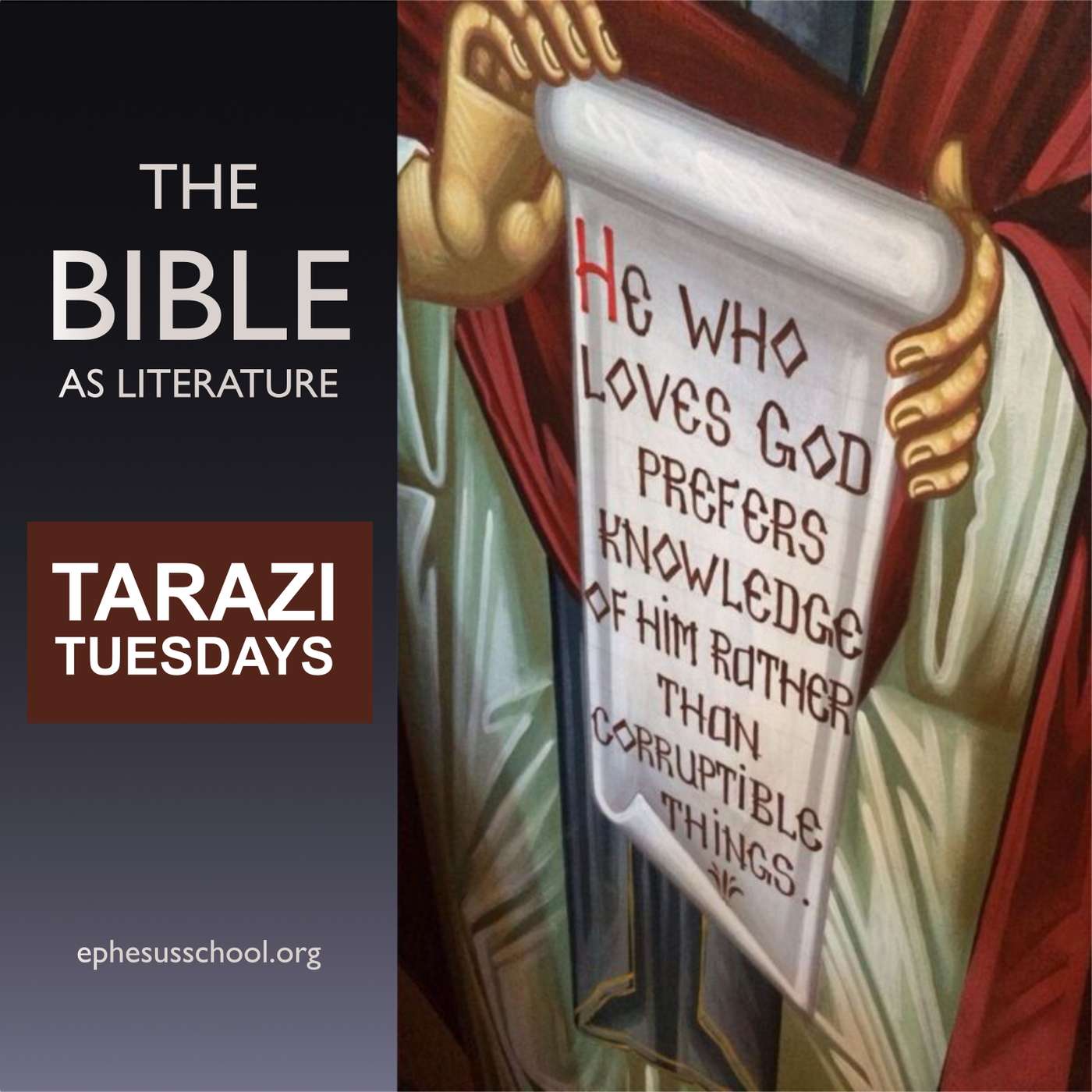They Built Themselves High Places
Description
“He who is not with me is against me; and he who does not gather with me, scatters.” (Luke 11:23 )
Mothers, not women—mothers specifically—are exploited by the schemes of city builders. This distinction is important because women are often party to the weaponization of mothers.
I began this week's monologue with a verse from Luke 11 because it is impossible to hear what Luke wrote about “scattering” until you hear clearly what he taught about point of reference.
As Matthew taught us earlier in the New Testament, you cannot serve two masters: You cannot serve the Hasmoneans and the Kingdom of God. You cannot serve Herod and the Kingdom of God. You cannot serve Caesar and the Kingdom of God. You cannot serve any institution and the Kingdom of God.
You are allowed one choice in the Bible: submit to him and gather for him and scatter as Jesus scatters, or submit to something else and gather against Jesus, which means you are the wolf, stealing sheep and scattering the Master’s flock.
All clergy are hirelings, but not all are wolves. Whether an assembly is full or not, who can tell who is gathering and who is scattering? None but him, and it has nothing to do with a church’s balance sheet.
Truly, truly, I say to you: the first three verses of Luke 8 carry the proclamation of the liberation of the mothers of Judah from the buildings of the Israelites, which are an affront to God.
This week, I discuss Luke 8: 1-3.
Show Notes
Μαγδαληνή / ג-ד-ל (gimel-dalet-lamed) / ج-د-ل (jīm-dāl-lām)
Μαγδαληνή (Magdalene) from the Hebrew מִגְדָּל (migdal) in the New Testament functions as “Mary Magdalene,” (Μαρία ἡ Μαγδαληνή), or “Mary of Magdala.” In Arabic, مجدل (majdal) a fortress, tower, or stronghold, can also function as something braided or woven tightly or strong.
Χουζᾶς / ח-ז-ה (ḥet-zayin-he) / ح-ز-ي (ḥāʼ-zā-yāʼ)
The Hebrew root ח-ז-ה (ḥet-zayin-he) can function as “to see” or “to behold,” typically in prophetic usage. In Arabic, حَزِي (ḥazi) refers to “an astrologer” or someone who interprets celestial phenomena to foresee events.
Σουσάννα / ש-ו-ש (shin-waw-shin) / س-و-س (sīn-wāw-sīn)
Transliterated from the Hebrew or Aramaic name שׁוֹשַׁנָּה (Shoshannah, “lily”), Σουσάννα (Sousanna), appears in the Septuagint in the text of the same name. Shoshannah can function as “lily” or “rose,” in Hebrew and Aramaic usage.
- שׂוּשׂ (sus): To rejoice or exult.
- שׁוֹשׂ (shos): Rejoicing or delight.
The same root in Arabic سوس (sūs) is associated with managing, governing, or overseeing.
★ Support this podcast on Patreon ★

























